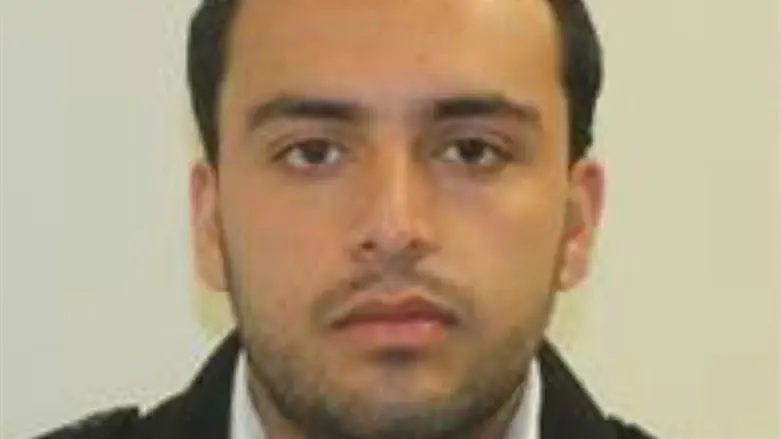
The father of Ahmad Khan Rahami, who is suspected of carrying out the bombings in New York and New Jersey this past weekend, warned the police two years ago that he suspected his son might be involved in terrorism, The New York Times reported on Tuesday.
The warning of the father, Mohammad Rahami, prompted a review by the Federal Bureau of Investigation (FBI).
Mohammad Rahami, in a brief interview, said that at the time he told agents from the FBI about his concern, his son had just had a fight with another of his sons and stabbed the man, leading to a criminal investigation.
“Two years ago I go to the FBI because my son was doing really bad, O.K.?” he said, according to The New York Times. “But they check almost two months, they say, ‘He’s O.K., he’s clean, he’s not a terrorist.’ I say O.K.”
He added, “Now they say he is a terrorist. I say O.K.”
Federal agents did not interview Rahami, according to officials, and closed the investigation after several weeks.
“In August 2014, the FBI initiated an assessment of Ahmad Rahami based upon comments made by his father after a domestic dispute that were subsequently reported to authorities,” the agency said in a statement quoted by The New York Times.
“The FBI conducted internal database reviews, interagency checks, and multiple interviews, none of which revealed ties to terrorism,” it added.
Rahami was apprehended in Linden, New Jersey, after a firefight on Monday – two days after the bombs exploded in the Chelsea neighborhood of Manhattan and in Seaside Park, New Jersey.
He has been charged with five counts of attempted murder as well as two gun related offences.
When Rahami was captured during a shootout with the police, the authorities found a notebook, pierced with a bullet hole and covered in blood, expressing opinions sympathetic to jihadist causes, according to a law enforcement official who agreed to speak about the investigation only on the condition of anonymity.
In one section of the book, Rahami wrote of “killing the kuffar,” or unbelievers, the official said, according to The New York Times. He reportedly also praised Anwar al-Awlaki, Al-Qaeda’s leading propagandist, who died in a drone strike in Yemen, as well as the soldier in the Fort Hood shooting, one of the deadliest “lone wolf” attacks inspired by Al-Qaeda.
One key area of investigation is around the question of whether Rahami had help building the bombs or if anyone knew what he was doing and failed to report it. In all, he is linked to 10 explosive devices found in the region, including the two pressure-cooker bombs, one of which exploded in Chelsea on Saturday night, injuring 29 people.
No terrorist organization has claimed responsibility for the attack. While the Islamic State is usually quick to claim credit for attacks around the world, organizations linked to Al-Qaeda vary widely in when or if they claim credit.
The authorities are scrutinizing a number of trips Rahami made overseas, particularly several to Pakistan, according to The New York Times. In May 2011, he made a three-month trip to Quetta, according to law enforcement officials, citing Customs and Border Protection records. Then, in April 2013, he made another trip to Quetta and did not return until March 2014, according to information provided to federal customs authorities by the New York City police.
He reportedly underwent an additional interview at the airport with Customs and Border Protection officers on his returns from both of those trips, but customs officers did not flag any concerns in his travel records.
Rahami was born in Afghanistan but he became a naturalized United States citizen when he was still a minor.
The inquiry into Rahami took place in August 2014, when he got into a fight with his family, during which he stabbed his brother in the leg with a knife, according to court records.
The police arrived to investigate, and it was at this time that Rahami’s father told them about his concerns about his son’s possible involvement in terrorism. The information was passed to the Joint Terrorism Task Force led by the FBI in Newark. Officers opened what is known as an assessment, the most basic of FBI investigations, and interviewed the father, according to The New York Times.
An official, when asked about the inquiry, said the father made the comment out of anger at his son and later recanted it.